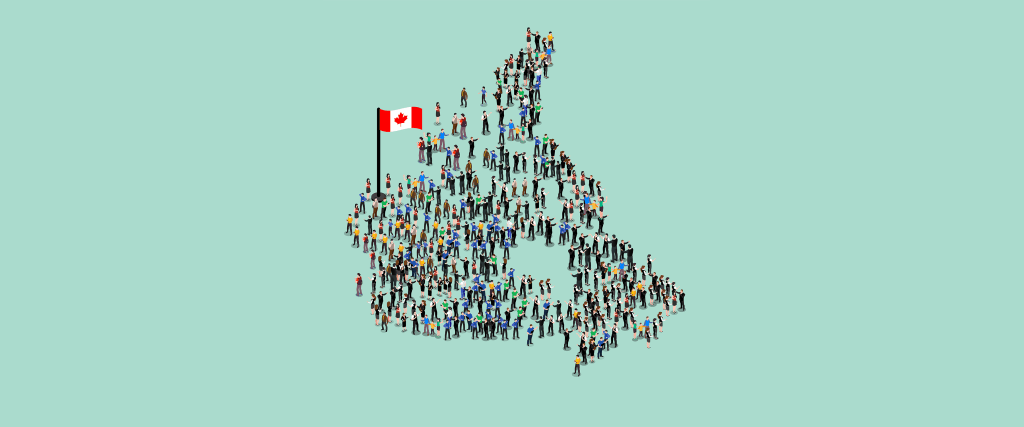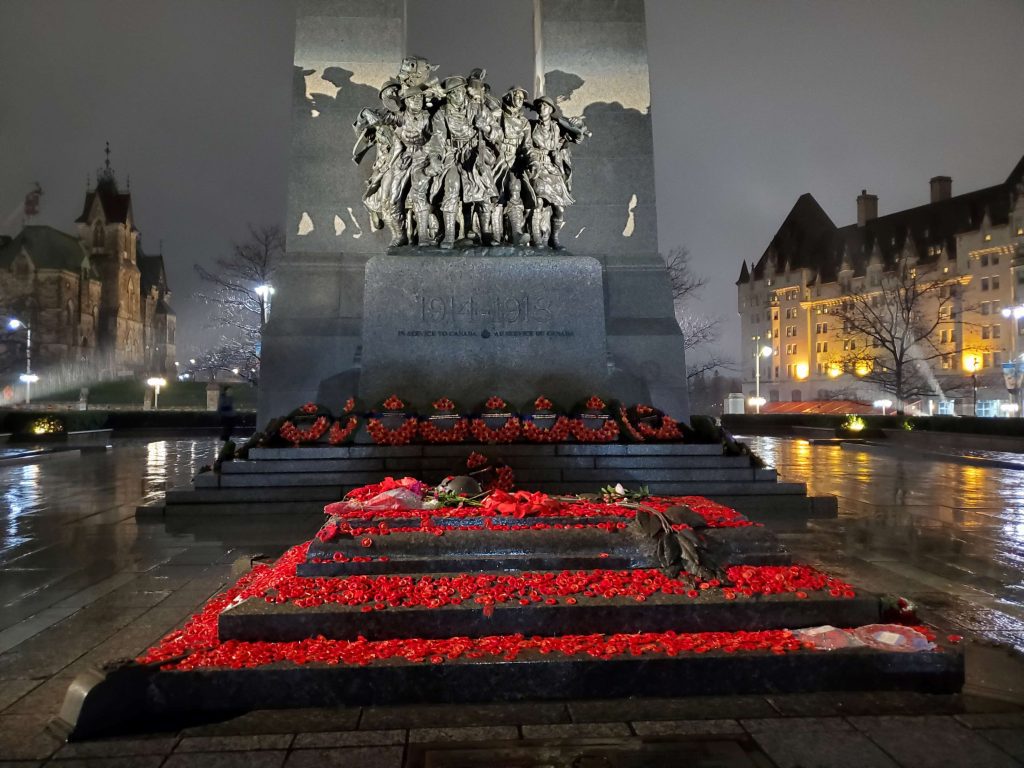- 2021-02-10
- Statement
Statement on the findings of the Office of the Veterans Ombudsman

The Centre of Excellence on PTSD acknowledges the findings and recommendations in the report issued on 19 January by the Office of the Veterans Ombudsman, Mental Health Treatment Benefits for Family Members, in their Own Right, for Conditions Related to Military Service. The report’s findings are consistent with those of the Centre of Excellence, based on our own research and consultations with Veterans and Veteran Families.
At present, Veteran Family members will receive their own VAC mental health supports only if these supports will also have a positive impact on the Veteran’s mental health, is part of the Veteran’s treatment or rehabilitation plan, and if the professional treating the Veteran determines the family needs mental health supports. This puts family members, particularly spouses, in a vulnerable position where their access to care is not based on their own needs but rather on the needs of another. Given that 87% of military and Veteran spouses are female, this exposes these individuals to additional burdens of paternalism and sexism.
Current research clearly shows that military and Veteran families have life experiences distinct from those of the general population, experiences which present unique challenges. They live with frequent disruptions in their social networks, housing, schooling, and employment as a result of frequent postings. Parental absence while on deployment along with anxiety due to the risk of injury to or the death of the deployed person create stressors for family members. These are in addition to the challenges of living with and caring for a member or Veteran experiencing PTSD.
Spouses of military members and Veterans are the primary caregivers. As the report indicates, families are “ground zero” for transition challenges, including the effects of PTSD. Families are critical to Veteran well-being and if the family is not functioning well, this could have a significant impact on the well-being and prognosis of the Veteran.
“What each of us needs to remember is that every single person who has served our country in the Canadian Armed Forces is also someone’s son/daughter, parent, spouse, partner, sibling, or friend. They are part of a family unit. Their families love them, rely on them and support them and we would be naïve to believe that the impact of military service, especially PTSD, does not resonate and change family functioning. There are unique and significant stressors on Military and Veteran families and it is likely that any veteran who has moved to recovery with PTSD didn’t do it alone. These families have earned support in their own right and we owe it to them to provide it. The family unit is the nucleus of each of our Canadian communities.”
Laryssa Lamrock, Strategic Advisor, Families
Centre of Excellence – PTSD
The Centre of Excellence hopes to work with Veterans, Families, Veterans Affairs Canada, provincial health authorities, and other leaders in the mental health sector to build the most effective and efficient system for Veterans and their families.
Some countries achieve optimal service provision through their Veteran-specific administration while others operationalize service through regional health bodies. However it is accomplished, lived expertise tells us this system needs to have a holistic approach to wellbeing, which includes the support of families in their own right.

